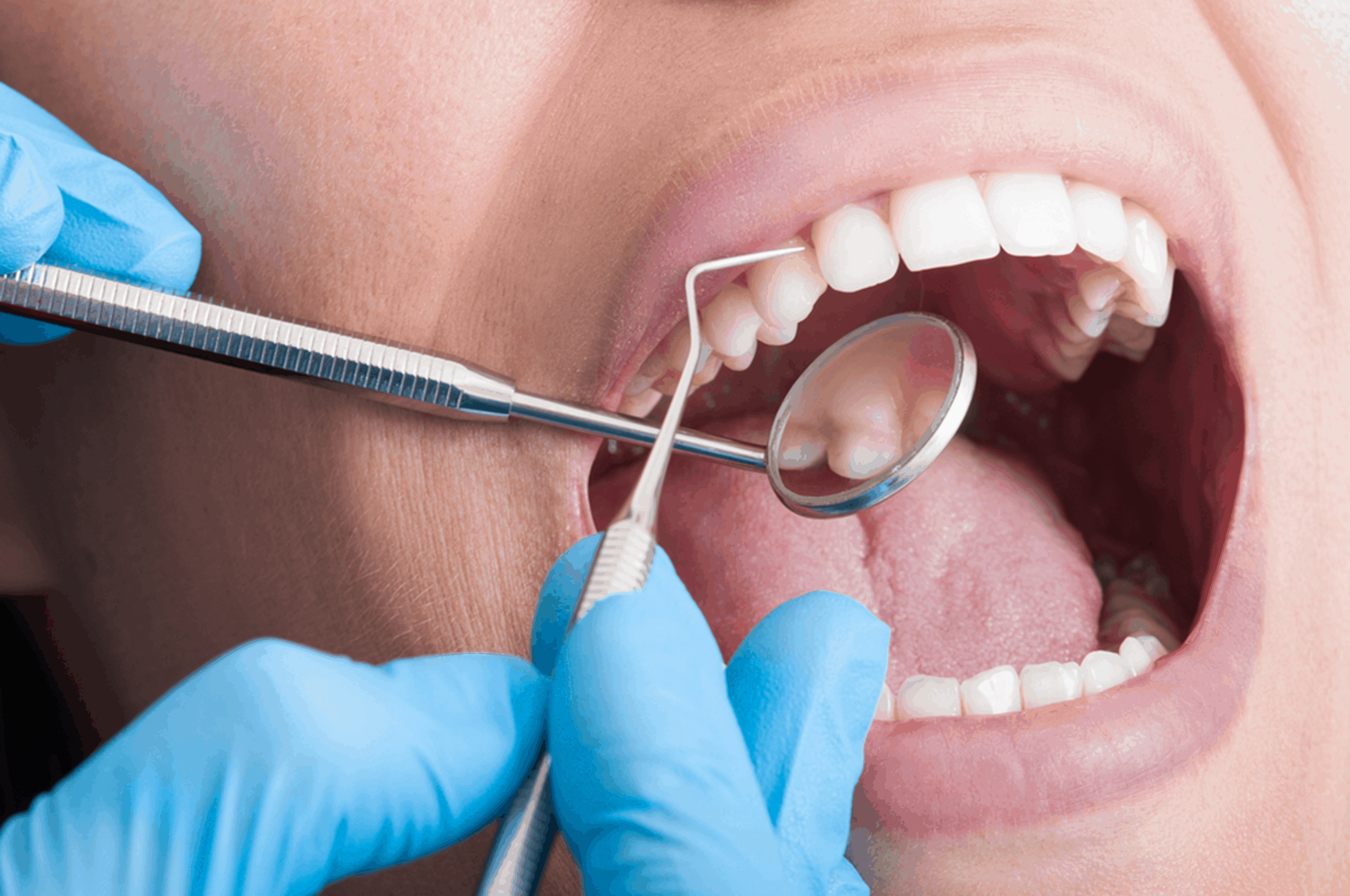First of all, what is this procedure?
A root canal is a dental procedure performed to treat the pulp when it becomes infected, dead or inflamed. The pulp lays beneath the enamel and the dentin. It has blood vessels, nerves, and connective tissue. During this procedure, infected material in the pulp is removed to relieve pain. Even the nerve is removed sometimes. Removing part of your tooth may sound too drastic but the pulp doesn’t serve a significant role in adult teeth. It is responsible for providing nutrition for teeth to grow, but once they’ve reached their adult size, teeth can receive nutrition from the surrounding tissues.
Why is the pulp removed?
The main cause is decay. Whenever there is some damage to the pulp, it starts breaking down and becomes the perfect place for bacteria to multiply. This can cause an infection or an abscessed tooth. This infection causes pain that can only be relieved by extracting this infected material. Also, the infection can cause swelling that spreads to other areas beyond the tooth and has been the cause of bone loss around the root in some cases.
How do I know if I need one?
Not everyone with tooth pain needs a root canal procedure. However, if the pain is serious when you apply pressure, you may need root canal treatment. Another sign is when your teeth are sensitive to temperature even after the stimuli are no longer in contact with them. Make sure to examine the gums surrounding the area of your pain. Tenderness and swelling, as well as a bump in this area, suggest that the infection is severe enough to require a root canal. Finally, if the tooth changes its colouration it is highly advisable to seek root canal therapy in Prince Albert.
What is the procedure like?
First of all, your dentist in Prince Albert will take an X-ray of your teeth to see to what extent the infection has spread or if it is contained. Then, you will receive local anesthesia to numb the area and prevent any pain during the process. An access hole is drilled into the tooth to get all the dead, damaged and infected tissue out. Finally, your tooth should be closed, either on that same day or later. Sometimes, dentists leave the teeth open for a while so that any other material is drained before sealing them for good.
What you can expect after the procedure
Immediately after, the treated area will be numb for about 2 to 4 hours. However, you won’t need any rest and can go back to work right away. The only thing you must avoid is eating before all numbness has dissipated to avoid accidentally biting your cheek or tongue. You may experience some pain for a few following days but oral analgesics prescribed by a dentist near you will suffice. The last step in this procedure is the application of a restoration, which can be a crown or a filling. This is performed at the following appointment after the procedure and helps protect the remaining tissue to avoid future tooth pain as well as any teeth fractures.
How should I take care of my teeth after the procedure?
Like any other person, you should have good oral hygiene, brush your teeth twice a day, and floss daily. Having root canal therapy does not always guarantee that the tooth won’t cause any more trouble. Thus, it is important to visit the dentist regularly to assess the state of your teeth and avoid any complications.
